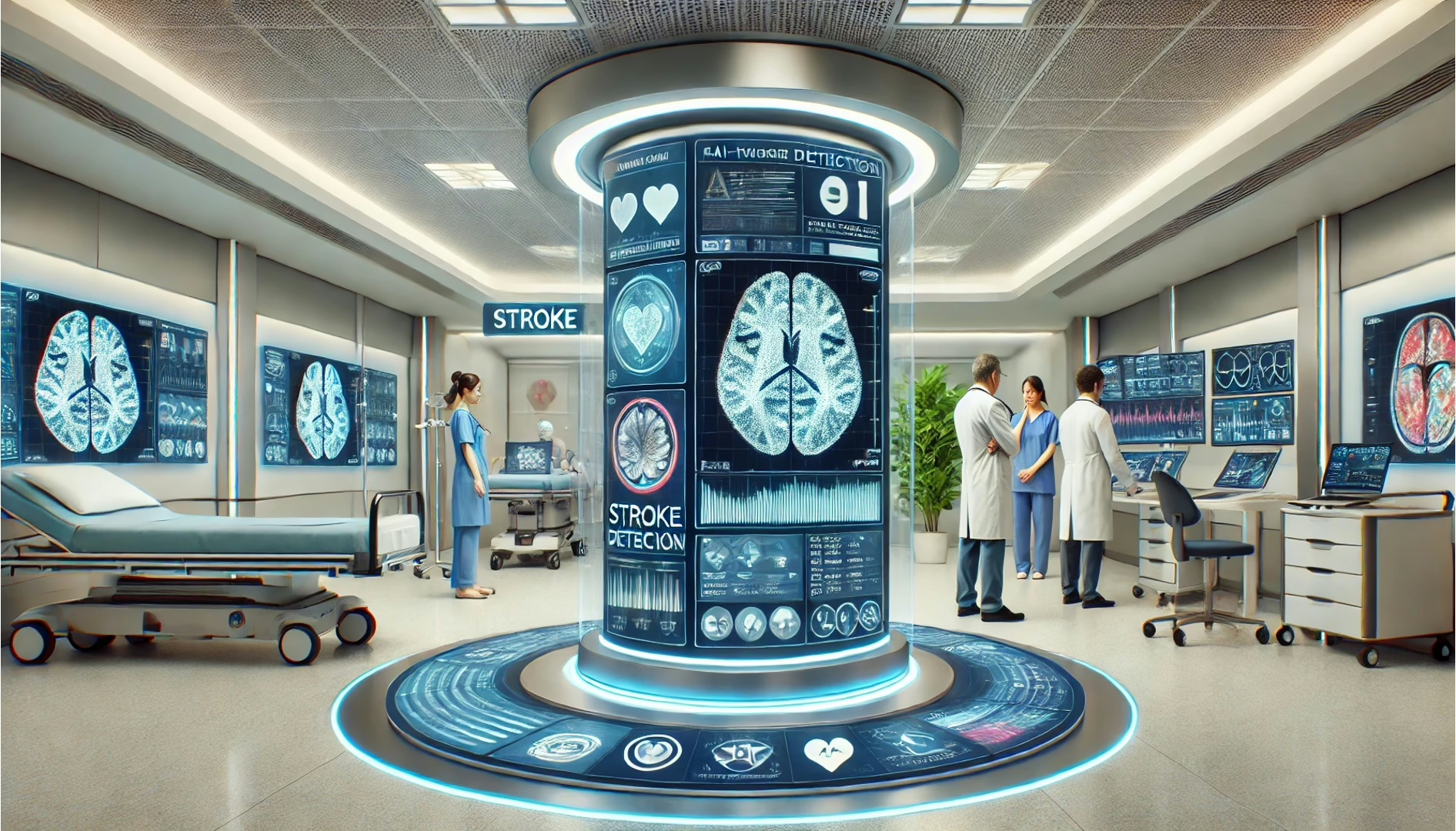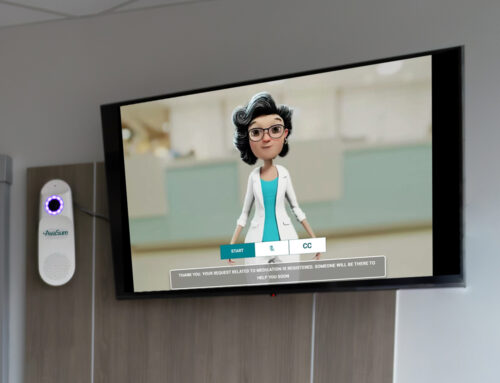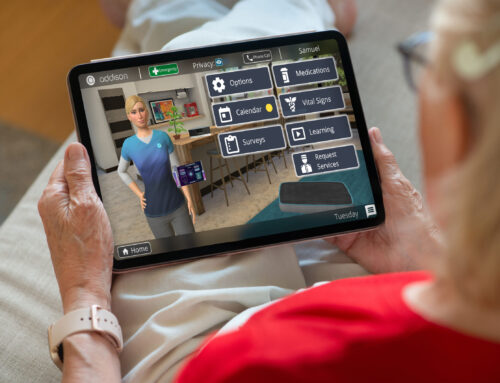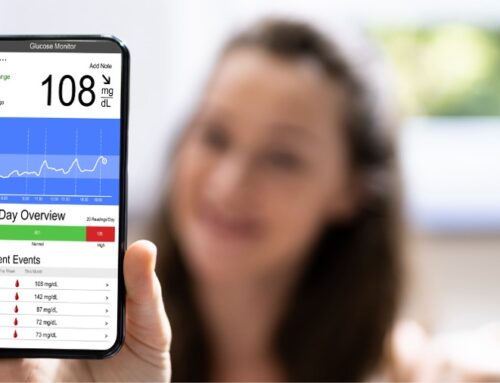New clinical data presented at the 2025 International Stroke Conference underscores the transformative potential of Viz.ai’s artificial intelligence (AI)-powered stroke care coordination platform. The findings reveal significant improvements in both patient outcomes and hospital financial performance, reinforcing the role of AI in modernizing acute care.

AI’s Impact on Stroke Care Coordination
Stroke remains a leading cause of disability and death worldwide, making rapid diagnosis and intervention critical. Traditional stroke triage methods often involve delays due to fragmented communication and complex hospital transfer networks. AI-powered platforms like Viz.ai’s Neuro Suite aim to close these gaps by automating detection, facilitating real-time care coordination, and optimizing hospital resource utilization.
Two recent studies showcased at the conference highlight the effectiveness of Viz.ai’s technology in reducing treatment delays and improving economic viability for healthcare institutions.
Study 1: Financial and Operational Benefits for Hospitals
The study, Optimization of Acute Stroke-Related Hospital Finances Utilizing Artificial Intelligence: Financial Implications of Recent Clinical Study Results, examined the financial impact of AI-driven stroke triage and coordination. Researchers found that Primary Stroke Centers (PSCs) leveraging Viz.ai’s platform could retain more stroke patients who would otherwise be transferred to larger facilities. This shift could generate an estimated $36.7 million in additional reimbursements, providing critical financial support for rural and community hospitals.
Beyond financial benefits, the study also reported a 44.13% reduction in time from patient arrival to large vessel occlusion (LVO) diagnosis and the first contact with the treating endovascular surgeon. Faster decision-making and earlier intervention are directly linked to improved patient survival rates and reduced long-term disability.
Study 2: Faster Stroke Treatment Across Multiple Centers
The second study, Treatment Time Metrics Following Implementation of the Viz.ai Artificial Intelligence Intracranial Occlusion-Detection and Communication Platform: A Multicenter Retrospective Analysis, evaluated the impact of Viz.ai’s AI on treatment efficiency. Analyzing data from 474 patients across multiple stroke centers, the study found that hospitals using Viz.ai’s LVO detection technology reduced treatment times by an average of 31 minutes.
This reduction is clinically significant—every minute saved in stroke intervention equates to nearly 2 million neurons preserved, underscoring the life-altering impact of accelerated care coordination.
Strategic Implications for Healthcare Leaders
These findings highlight an essential consideration for hospital executives and clinical leaders: AI-driven stroke care is no longer a futuristic concept but an actionable strategy for improving patient outcomes and operational efficiency. As regulatory bodies and insurers increasingly recognize the value of AI in healthcare, early adoption could lead to both clinical advantages and financial incentives through value-based care models.
Moreover, with healthcare workforce shortages and increasing patient volumes, AI tools like Viz.ai’s Neuro Suite can help streamline workflows, reducing physician burden while enhancing diagnostic accuracy and treatment coordination.
The Future of AI in Stroke Care
As AI continues to gain traction in healthcare, its role in stroke care presents a compelling case study for broader adoption. Beyond stroke triage, AI has potential applications in predictive analytics, workflow optimization, and remote patient monitoring, all of which could further reshape acute and emergency care landscapes.
Viz.ai’s recent clinical validation signals a shift in how hospitals and healthcare providers approach stroke management. With continued research and real-world implementation, AI-powered stroke solutions could become the gold standard for early detection and intervention.
For more details, visit Viz.ai Neuro Suite.












